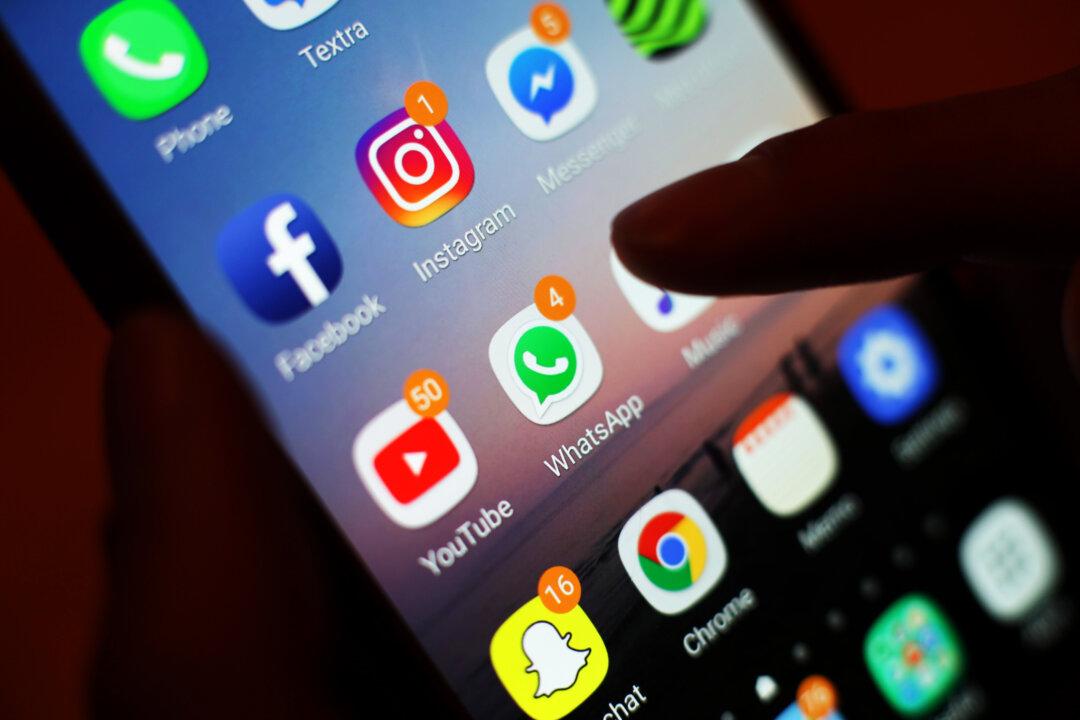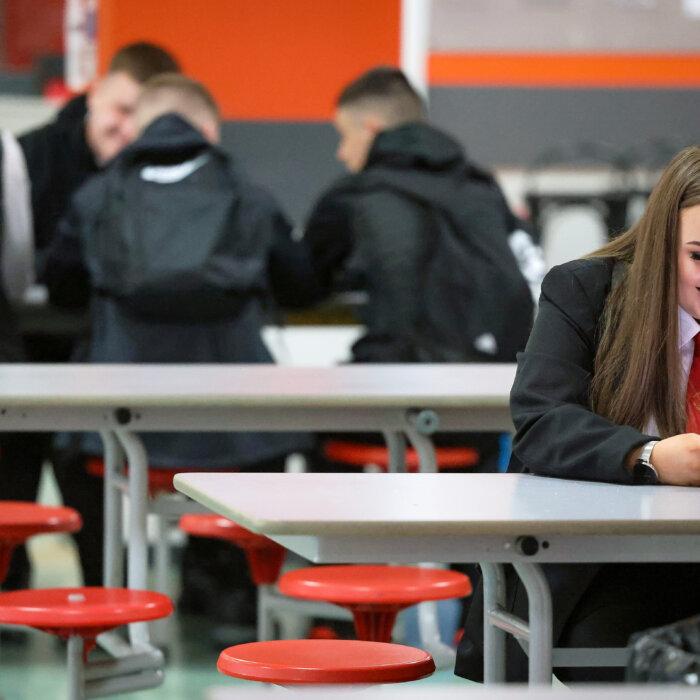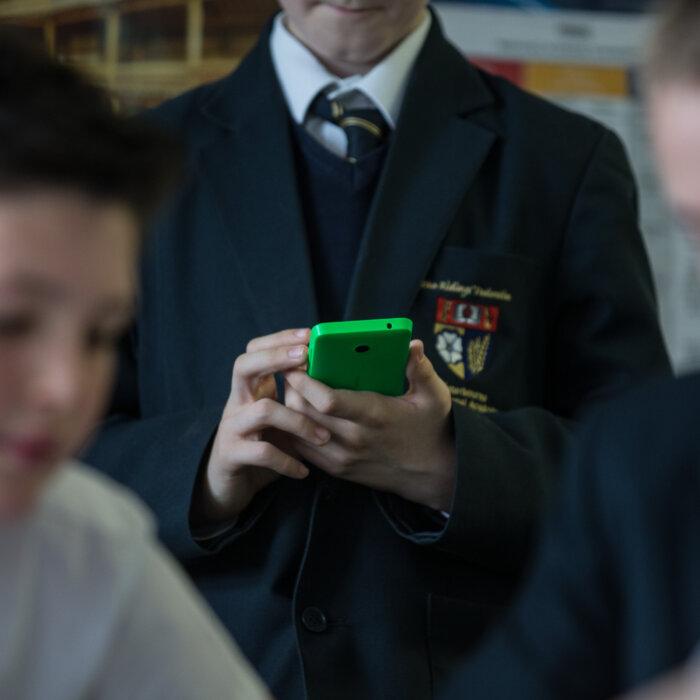Researchers at the Institute of Psychiatry, Psychology & Neuroscience (IoPPN) at King’s College London have assessed two groups of teenagers, aged 13–16 and 16–18.
The studies look at patterns of behaviour among adolescents, described as the ‘problematic smartphone use’ (PSU).
The symptoms include feeling upset when the phone is unavailable, struggling to control the amount of time spent on the phone and using the device for longer without feeling satisfied.
More than 18 percent of 16–18-year-olds and 14.5 percent of 13–16-year-olds had self-reported PSU symptoms, with higher prevalence among girls.
Young people with PSU were found to more likely struggle with mental health issues, than their peers without the symptoms.
The older group respondents, who reported the condition, were twice as likely to experience anxiety, compared to those who didn’t report it.
In the younger group, nearly half with PSU reported symptoms of anxiety, compared to 26.4 percent without PSU.
“By revealing the link between problematic use of smartphones and poorer mental health, and demonstrating that young people are aware of this problem and are eager to manage their use, these studies highlight the need for evidence-based interventions to help adolescents struggling with difficult behaviours around their smartphone use,” said Ben Carter, professor of medical statistics at King’s IoPPN.
Researchers also made a distinction between PSU and screentime, described as the number of minutes spent on the smartphone.
Screentime was not associated with anxiety or depression in 16-18-year-olds, but it did directly link to increased insomnia.
Cry for Help
The findings, published in Acta Paediatrica and BMJ Mental Health, also reported that one in eight young people want help to reduce their smartphone use.Teenagers who reported PSU were five times more likely to ask for help with cutting their smartphone use, than their peers without PSU.
“The good news is that adolescents are reflective and insightful about their use—they understand that smartphones bring downsides as well as benefits,” said the studies’ senior author Nicola Kalk.
Many young people have been taking active steps to reduce smartphone use, such as putting the device on silent mode, removing notification. Some would place their phones in another room at bedtime.
Restricting access to specific apps, using a locked box during revision and turning on “greyscale” to remove colours from the screen were deemed the least effective strategies.
Restrictions
Researchers found that when parents restrict smartphone use, it raises family tension and is counter-productive. One of the recommendations was to have open discussions with children about the harms and benefits of smartphones.The study in Acta Paediatrica said that schools, as well as parents, should be looking to address problematic smartphone usage.
Under the previous government’s plan, mobile phones were to be prohibited in schools across England.
The move would bring England in line with steps taken by other countries, including France, Italy and Portugal.
The Conservatives were also considering a ban on selling smartphones to under-16s.
Prime Minister Sir Keir Starmer, has said that a ban was “not a good idea” and not a “practical way forward.”
The Labour leader said last month that he would “sit down with anyone to look at how we’ll put in place better protections” to help parents and children.







